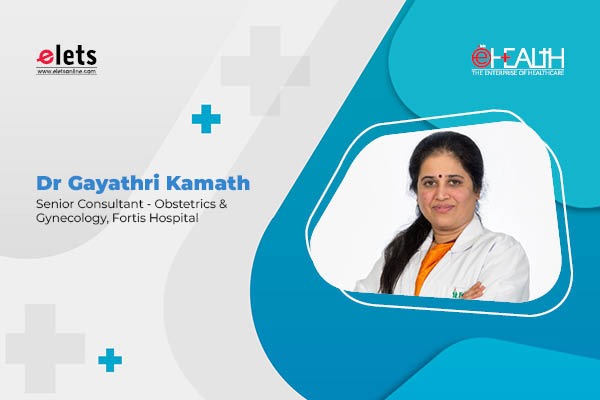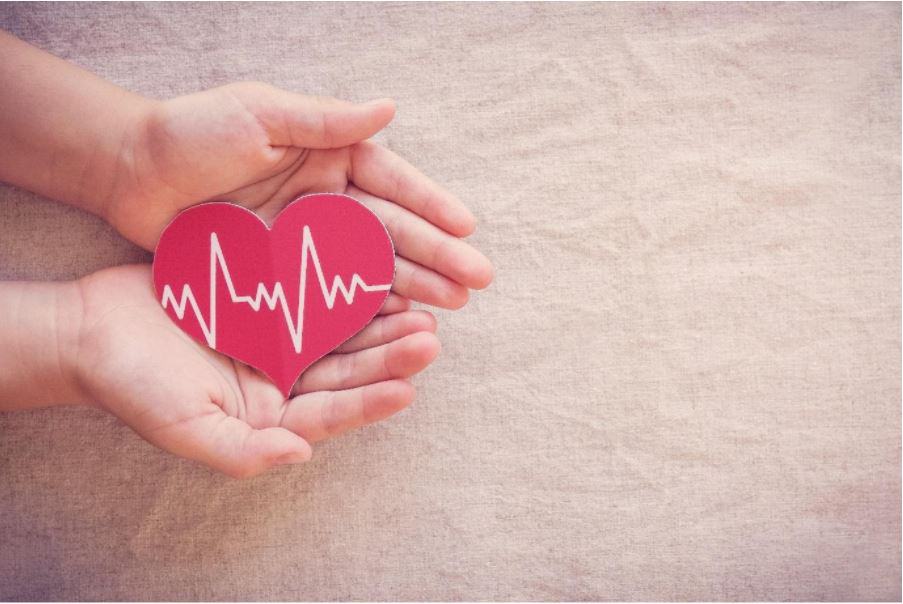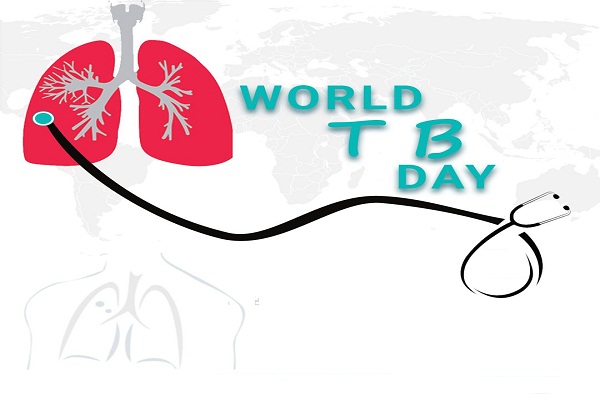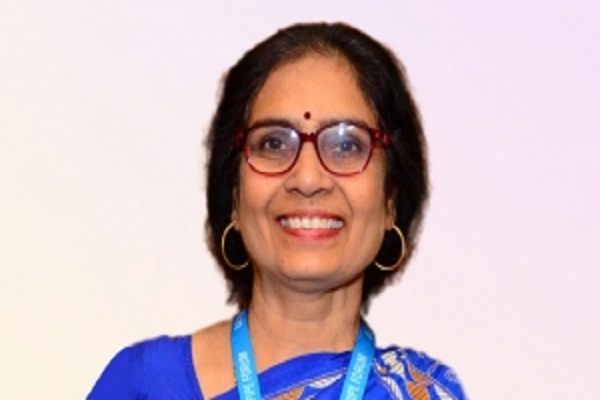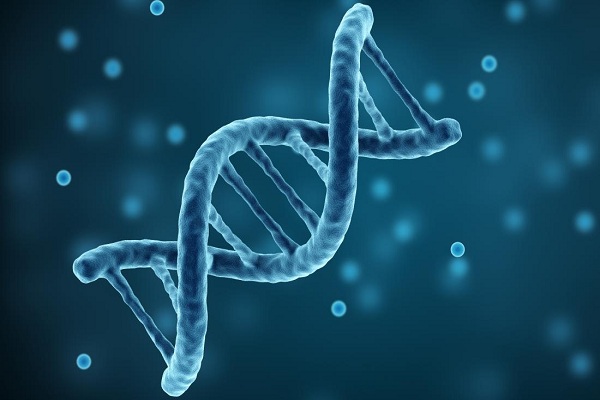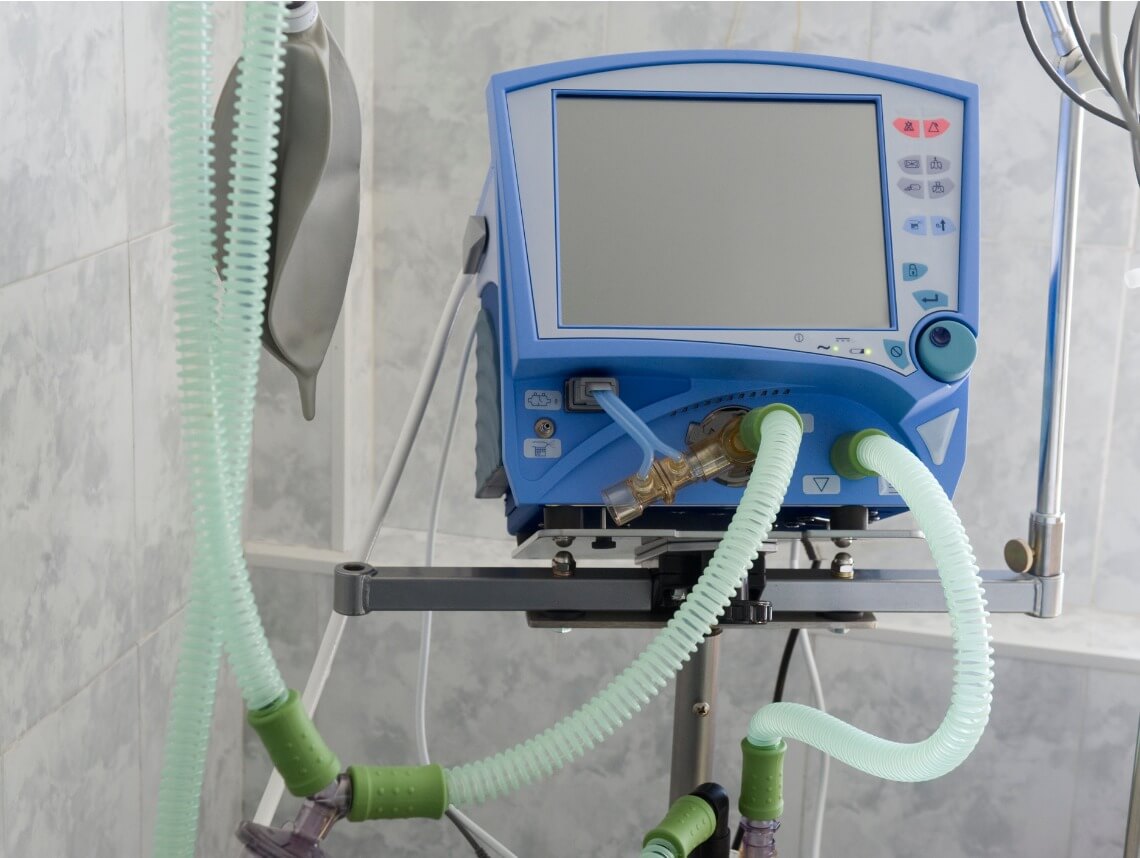
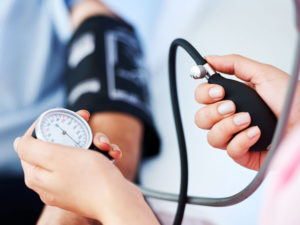 Hypertension or high BP is one of the most commonly found lifestyle disorders in India. It is also one of the leading risk factors for deaths in India with approximately 10.8% of all deaths occurring due to hypertension or its related disorders. It is somehow the real culprit for an estimated 24% of heart attacks and 29% of all strokes in India.
Hypertension or high BP is one of the most commonly found lifestyle disorders in India. It is also one of the leading risk factors for deaths in India with approximately 10.8% of all deaths occurring due to hypertension or its related disorders. It is somehow the real culprit for an estimated 24% of heart attacks and 29% of all strokes in India.
For the unknowns, hypertension is a disorder in which the normal blood pressure (120/80 mm of hg) rises to more than 130/80 mm of Hg as per the guidelines of American Heart Association (AHA). Let’s understand how this may happen…

We all know that human heart is actually a muscle that is responsible for pumping of blood. With every beat, it pushes blood through the walls of blood vessels. This pushing strength is termed as blood pressure. But if the blood vessels (arteries) become narrow or heart is forced to pump more blood, the blood pressure will rise and lead to hypertension.

But this is not a single day process and it may take years to develop hypertension in any individual. The process involves amalgamation of various causes and presence of risk factors that increases the chances of hypertension.

Let’s now know about the risk factors for hypertension that can actually put an individual at risk for hypertension:

- Age above 60 years makes the arteries stiff. This increases the risk for hypertension.
- Individuals with pre-existing conditions like diabetes, high cholesterol levels, heart diseases, and chronic kidney disease can also lead to hypertension
- Obesity also increases chances of hypertension.
- Both males and females are almost at the same risk for developing hypertension, but young males are more prone to hypertension. Contrary to this, older women are at an increased risk of hypertension.
- Excessive salt or low potassium in diet can also be a factor for hypertension.
- A family history of hypertension increases the chances of hypertSion
- smoking, tobacco and excessive alcohol Consumationl can increase the risk of hypertension.
- Excessive stress can also cause hypertension.
Now you know about the risk factors, so let’s move towards the causes of hypertension. Hypertension is of two types, i.e. Primary hypertension for which there is no identifiable cause and Secondary hypertension which is caused due to an underlying condition like obstructive sleep apnea, thyroid problem, kidney disorders, certain in-born defects of arteries or certain medications like decongestants, birth control pills, over the counter pain killers.
There is no single cause of hypertension and all the risk factors contribute to its occurrence.
Now you must be wanting to know about the symptoms of hypertension. Hypertension is often termed as the “silent killer” as in many cases, the person suffering from hypertension may not have any symptoms at all, but his blood pressure is raised above normal levels.
As there may be no symptoms, person may remain unaware about the disease. So regular checkup of blood pressure is very important even in the absence of symptoms.
For the other cases, hypertension causes symptoms like frequent headaches, excessive sweating, nausea or vomiting, shortness of breath, dizziness, sleeping problems, heart palpitations (increased heart beats) anxiety, nosebleeds and blushing etc.
All these may appear to be very general symptoms but if hypertension is not managed, it can further lead to various other complications including heart attack, heart failure, kidney failure, stroke, eye retinopathies that can cause blindness or an aneurysm (an abnormal elevation in artery that can burst or bleed causing death) etc.
So, it is very important to keep a check on your blood pressure and also take preventive measures to keep the levels under control.
Here are few steps that every individual having one or more risk factors must follow to stay healthy:
- Limit or reduce the intake of salt under 5 g per day
- Avoid alcohol and tobacco
- Eat a healthy diet full of seasonal fruits and vegetables
- Reduce weight (if you are obese) or maintain an ideal weight as per your age, height and gender
- Stay active and do not lead a sedentary lifestyle
- Reduce your stress levels and do yoga and meditation for a relaxed mind, body and soul
Although it may sound to be very difficult to manage high BP, but actually it is very easy to control increased blood pressure by making simple changes to your diet and lifestyle. This can even reduce your need for antihypertensive medicines. But solely relying on preventive measures is not advised if your BP is regularly high.
There are many types of antihypertensive medications that can reduce the BP and keep it in its normal range. The choice of drugs depends upon the cause of hypertension and must be taken after detailed body examination done by a physician.
But nevertheless, prevention is always better than cure and every healthy individual must also follow the preventive guidelines to stay healthy. Apart from this, regular checkup is also important as there are many cases in which person may not have symptoms but high BP. This can be very dangerous and unmanageable at times.
Stay Healthy…Stay Alert…Enjoy Life…
(Writer Dr Salil Shirodkar, Consultant – Cardiologist, Nanavati Super Specialty Hospital. Views expressed are a personal opinion.)
Be a part of Elets Collaborative Initiatives. Join Us for Upcoming Events and explore business opportunities. Like us on Facebook , connect with us on LinkedIn and follow us on Twitter , Instagram.
"Exciting news! Elets technomedia is now on WhatsApp Channels Subscribe today by clicking the link and stay updated with the latest insights!" Click here!







